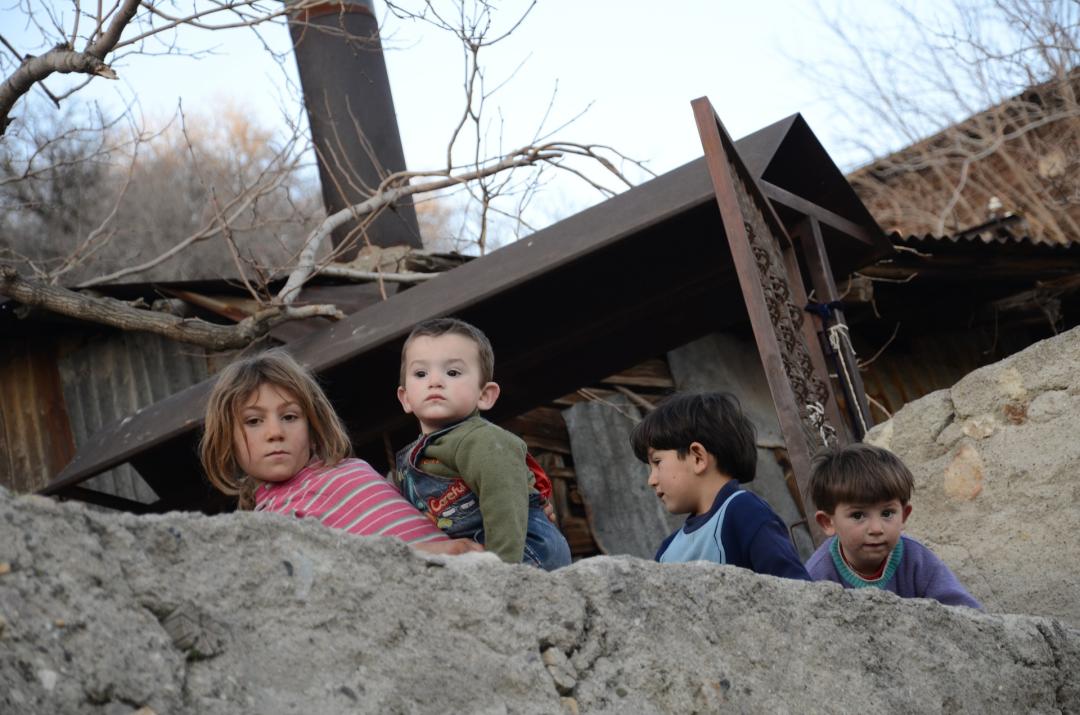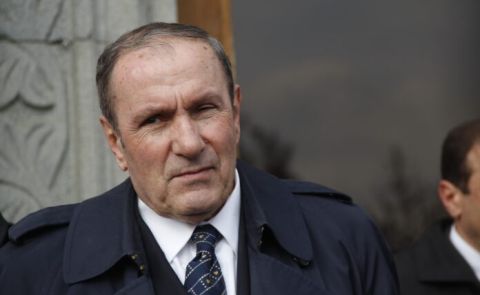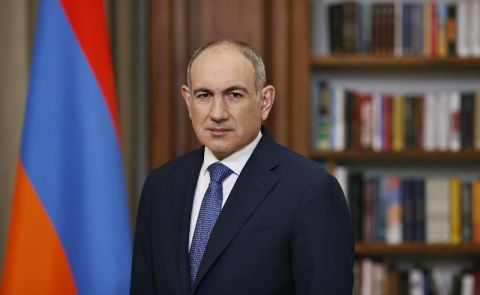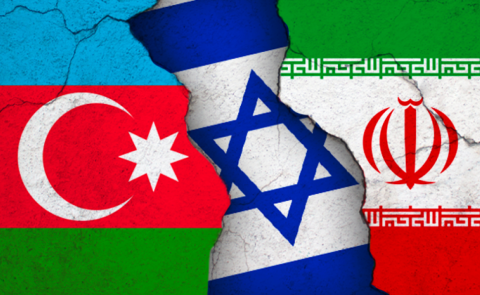
Georgian Ombudsman raises child poverty issue after Baghdadi tragedy

On 5 February, Georgian Ombudsman Nina Lomjarina, addressed the issue of child poverty in the country through her Facebook page, following the tragedy in Baghdadi, reported georgiatoday.
“Unfortunately, child poverty and inadequate living standards have remained unresolved for years. This in some cases endangers the health and lives of children. Child protection and the social system fails to protect children from extreme poverty. The programs offered by the State to families living in poverty are not oriented to the outcome, individual needs or timely prevention; therefore, the socio-economic situation of such families has remained the same over the years. Under the current social policy, it is [difficult] to satisfy even the basic needs of children living in poor families. Providing adequate housing is also a particular challenge. There are no effective, result-oriented support programs at the municipal level that would provide safe, stable housing for families living in extremely difficult and dangerous infrastructural conditions together with their children,” she wrote.
The Ombudsman urged the government to take action in this regard. “The Public Defender calls on the state agencies to [make] timely reform the social and childcare systems to ensure all challenges, risks and needs are taken into account. To this end, it is important to assess the basic needs of such families, review the effectiveness of social programs and their relevance to the existing needs. If necessary, human and financial resources should be increased both at the level of the Ministry of Labor, Health and Social Affairs of Georgia and self-governments. Also, the involvement and experience of both the state agencies and the civil sector should be actively considered in the given process,” she suggested.
On 3 February, a fire broke out in a house on Akaki Tsereteli Street in Baghdadi, killing six people, including four children. What caused the fire is unknown at this stage. The two-storey house completely burnt down.
According to the United Nations Children's Fund (UNICEF) in Georgia, children in Georgia face a higher risk of poverty than any other population group. “Georgia still lacks a holistic, child-sensitive social protection system that helps families cope with shocks and strengthen their resilience. Gaps remain in child-centered legislation/policies, monetary benefits and social services. Many vulnerable families and children are still left behind, especially children with disabilities, children victims of violence, children of national minorities and children from poor families. A high level of vulnerability is caused by poverty dynamics that are characterized by a very high movement in and out of poverty, i.e. any sudden shock, such as unemployment, illness or death in the family, may push a family into poverty. Young parents in their 20s-30s, who face high unemployment rates and limited state support, bring up the vast majority of children. Furthermore, children and their families face critical gaps in terms of access and coverage of child-friendly social services and family support services, especially in rural areas,“ read the description of Georgia's profile.
The latest data describing the problem of extreme child poverty in Georgia dates back to 2017 and is based on the UNICEF Welfare Monitoring Study (WMS), which was conducted several times between 2009 and 2017 in Georgia. According to WMS, extreme child poverty rates over 2009-2017 are as follows: 11.5% in 2009, 9.4% in 2011; 6% in 2013; 2.5% in 2015 and; 6.8% in 2017. Extreme poverty entails that Georgian kids have to live with approximately 3 GEL a day.
The year 2017 report by the Public Defender mentions the "Emergency Assistance Program for Families with Children in Crisis", which includes 928 families. The Public Defender wrote that although the purpose of this program is to meet the urgent needs of the family in a timely manner, the decision to enrol in the program is often delayed for months and even years. In 2019 in response to increased child poverty rates, the Government introduced a five-fold increase in the child cash benefits.
See Also


Armenia Strengthens Ties with Council of Europe

Former Armenian President Labels Pashinyan a Traitor and Blasphemer

Pashinyan Addresses Key Issues on Church, National Future, and Fund Allegations

Azerbaijan Calls for 'Dialogue and Diplomatic Resolution' Between Israel and Iran

